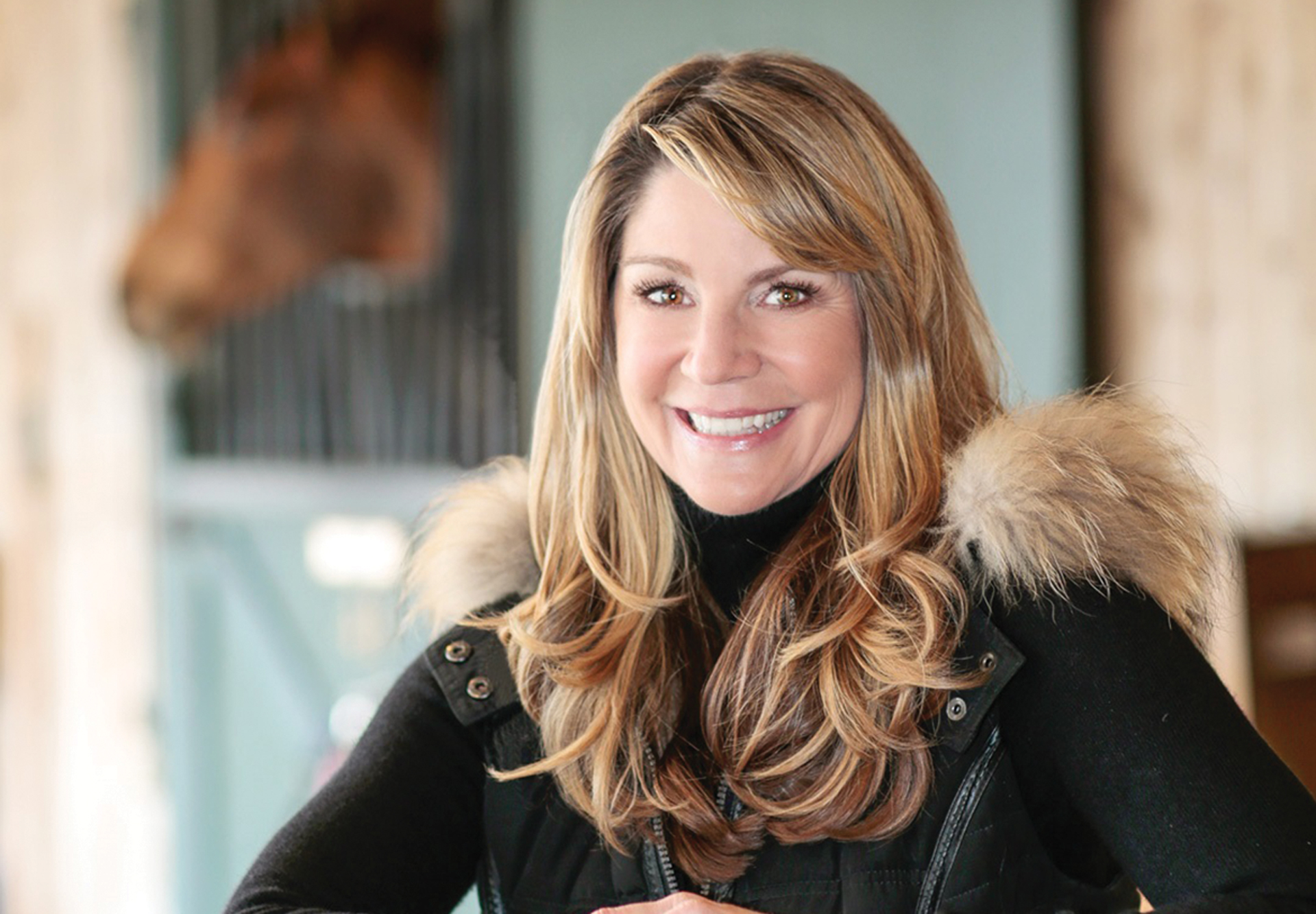Books To Save Your Life

When I was a kid, I had the chance to audition for a Kodak commercial. There was a table with some pencils, a book, and a new camera. The spokesperson asked me which item I would choose if I could pick any one of them. I smiled broadly and replied with confidence, “The book.” Thus, a lucrative childhood career was summarily ended.
I consider books to be my good friends, happy to snuggle in bed with me and invite me to hold their hand and travel through different places, cultures, times, and emotional landscapes. To be a good writer, I believe it is essential to be a good reader. A powerful book has seen me through many a bad time. There is actually a word for this: bibliotherapy. Bibliotherapy is described as “the use of reading materials for help in solving personal problems or for psychiatric therapy.” And this is beyond the realm of self-help books, but memoir or fiction, where mental health professionals see the benefit of identification, catharsis, and insight — the feeling of, “I am not alone in the world.”
This idea goes back to the beginning of time. King Ramses II of Egypt established the oldest library motto of “The house of healing for the soul.” Ancient Greek libraries were considered sacred places with curative powers. And hospitals treated returning soldiers from World War I and II with books to help them with the trauma they had suffered. There is now even the International Federation of Biblio/Poetry Therapy which certifies instructors.
I like to think of the concept as portrayed in one of my favorite books, “The Little Paris Bookshop,” where Jean Perdu runs a store which he considers a “literary apothecary,” choosing books to soothe the troubled souls of his customers. I believe in literary lifelines and their power to connect us with a deeper collective consciousness.
There are so many wonderful books I would prescribe for certain issues but here is a short list:
Alcohol issues: “Drinking: A Love Story” by Caroline Knapp, “Dry” by Augusten Burroughs
Messed-up family life: “The Glass Castle” by Jeannette Walls, “The Corrections” by Jonathan Franzen
Grief: “The Year Of Magical Thinking” by Joan Didion, “The House of the Spirits” by Isabel Allende
Female friendship: “Snow Flower and The Secret Fan” by Lisa See, “The Group” by Mary McCarthy
Good and evil: “The Screwtape Letters” by C.S. Lewis, “Good Omens” by Terry Pratchett & Neil Gaiman
Love: “Daisy Jones & The Six” by Taylor Jenkins Reid, “Winter on the Nile: Florence Nightingale, Gustave Flaubert and the Temptations of Egypt” by Anthony Sattin
Mothers and daughters: “White Oleander” by Janet Finch, “One True Thing” by Anna Quindlen
Losing your mind: “Darkness Visible” by William Styron, “An Unquiet Mind: A Memoir of Moods and Madness” by Kay Redfield Jamison Ph. D.
Guilt: “The Door” by Magda Szabo, “Sarah’s Key” by Tatiana de Rosnay
Painful childhood: “I Know Why the Caged Bird Sings” by Maya Angelou, “Geek Love” by Katherine Dunn
Betrayal: “The End of the Affair” by Graham Greene, “Atonement” by Ian McEwan
Sisters: “Practical Magic” by Alice Hoffman, “The Poisonwood Bible” by Barbara Kingsolver
Brothers: “A River Runs Through It “by Norman Maclean, “We the Animals” by Justin Torres
kissandtellhb@gmail.com



